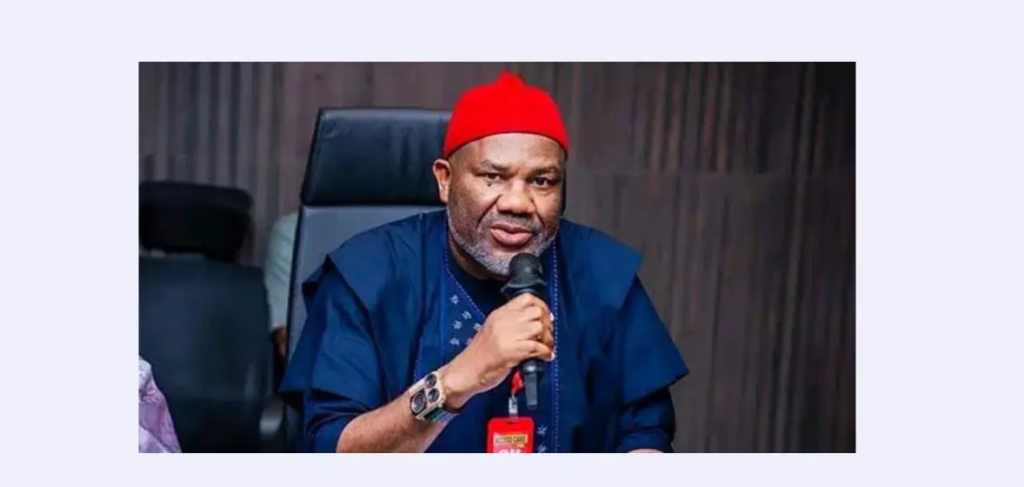A shocking controversy has erupted in Nigeria’s Onitsha drug market, where the National Agency for Food and Drug Administration and Control (NAFDAC) is accused of imposing an exorbitant fee on traders affected by a market closure. According to federal lawmaker, Mr Afam Ogene, NAFDAC has been demanding N700,000 from each shop owner in exchange for access to their shops. This revelation has sparked widespread outrage, with Ogene denouncing the agency’s actions as “scandalous, outrageous, and reprehensible”.
The backstory to this controversy began when NAFDAC shut down the Onitsha drug market as part of its efforts to combat drug counterfeiting. However, the agency’s methods have come under fire, particularly the alleged extortion of shop owners. Ogene, who represents Ogbaru Federal Constituency in Anambra State, claims that documented evidence shows NAFDAC has been collecting N700,000 from over 1,000 shop owners, regardless of their involvement in the counterfeiting scandal.
The lawmaker has questioned the rationale behind this hefty levy, asking whether it implies that those guilty of counterfeiting are being absolved of their crimes. He also expressed concerns about the agency’s operational efficiency, given its apparent inability to identify and prosecute those responsible for drug counterfeiting. The House of Representatives had previously cautioned NAFDAC against harming innocent businesses during its operations in the market.
Ogene’s statement highlights the perceived unfairness of the situation, where innocent traders are being forced to pay a substantial fee. He argues that this contradicts the principles of fairness and justice that underpin democracy and the rule of law. The controversy has also diverted attention away from the critical issue of combating fake drugs, which is a major public health concern in Nigeria.
In a scathing critique, Ogene described NAFDAC’s actions as “unethical, unacceptable, and reprehensible”. He urged the agency to take swift action to address the issue, which threatens to damage its reputation and credibility. As the situation continues to unfold, it remains to be seen how NAFDAC will respond to these allegations and whether the affected traders will receive any relief. One thing is certain, however – the controversy has sparked a heated debate about the agency’s methods and the need for greater transparency and accountability in its operations.
